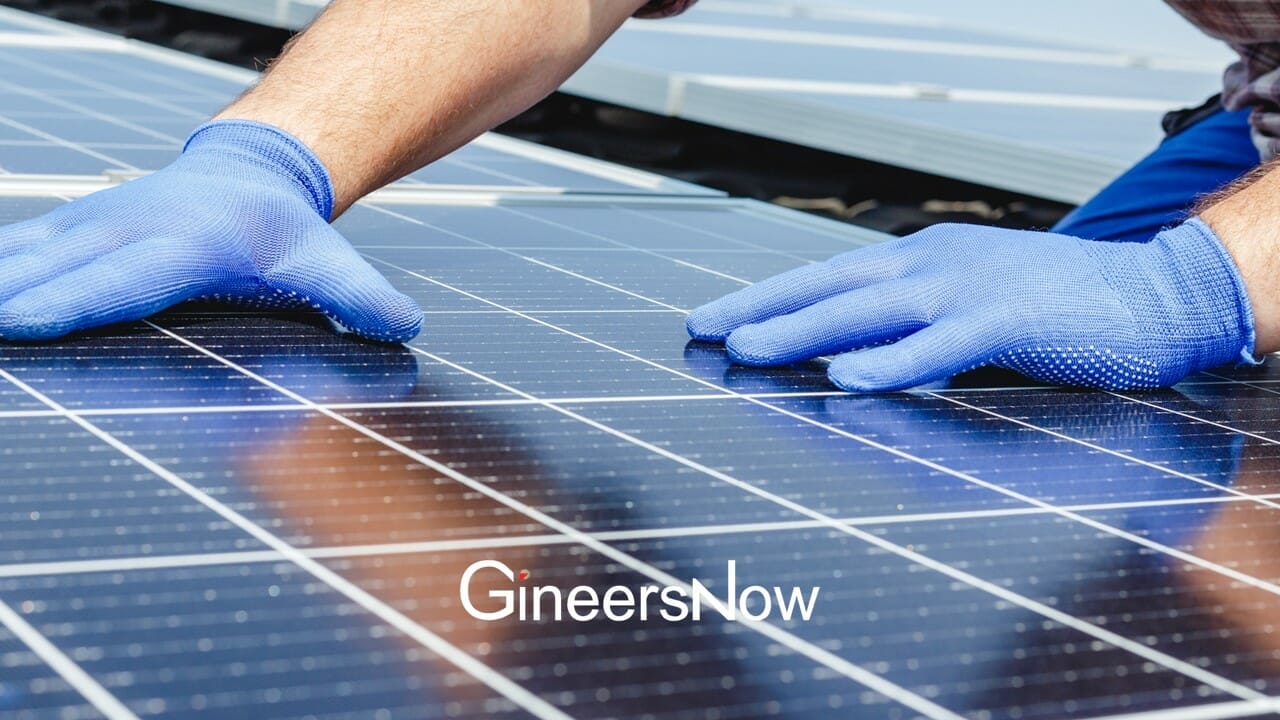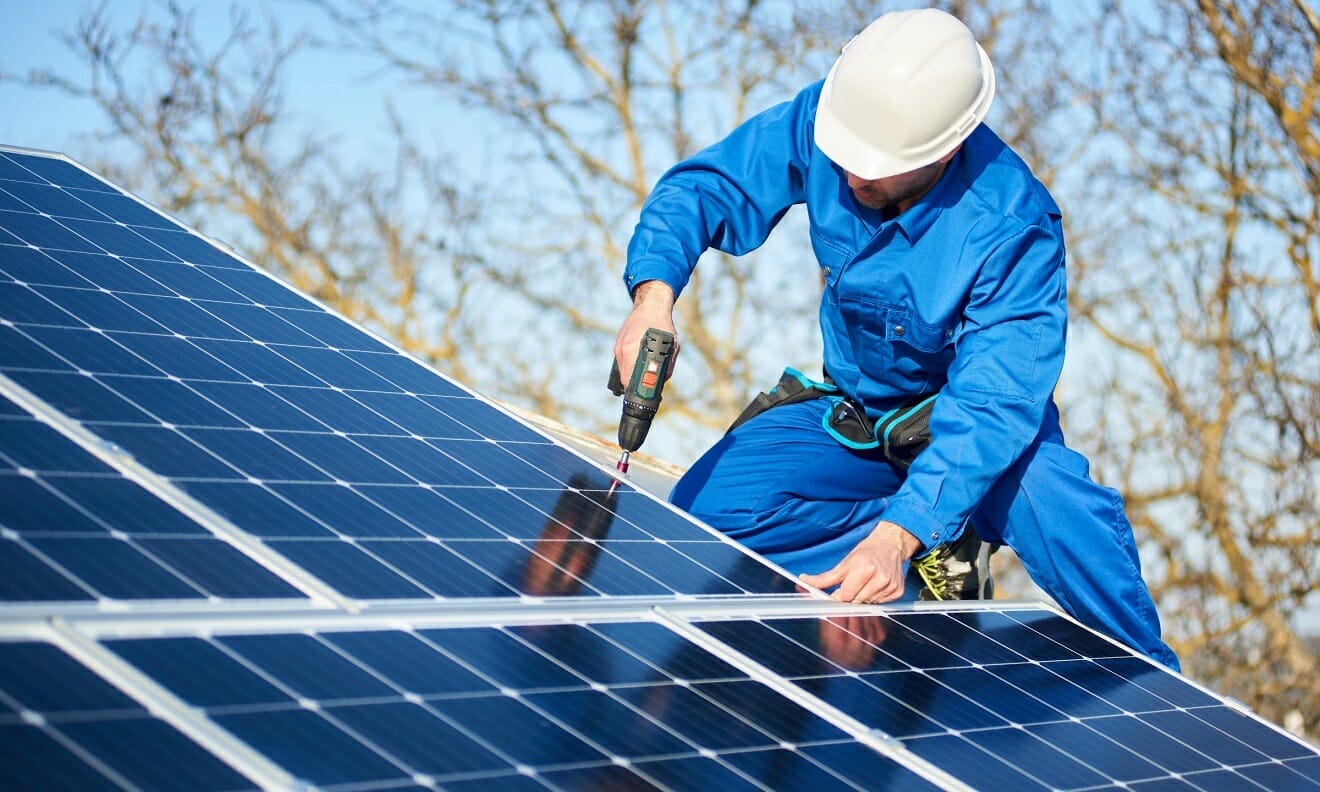In recent years, GlassPoint Solar has grown into the leading supplier of solar to the oil and gas industry. With setups in Oman, Kuwait, the USA, and China, the company’s vision is to bring to life a dream of converging renewable and conventional energy. Tested in the harsh deserts of the Arabian Gulf, the company’s unique technology is bridging the gap between fossil fuels and sustainable energy by harnessing the power of the sun to produce oil. Driven by innovation, GlassPoint’s proven proposition has come at the perfect time.
Today, the world remains heavily reliant on oil as a primary source of energy. Each year, the global demand for fossil fuels continues to rise, driving the rapid development of economies all over the world. The majority of today’s reserves are comprised of heavy crude, which is thick and viscous, making its production a constant challenge for oil producers. While most prefer to extract heavy oil using steam flooding as a form of enhanced oil recovery (EOR), this energy intensive process burns precious natural gas and creates high-levels of carbon emissions.

At the forefront of industry innovation, GlassPoint’s use of renewable energy to extract heavy oil using steam made from sunshine is a game changer that could preserve the environment, save natural gas, and create a more sustainable future for all industries involved.
“Today, the oil and gas industry consumes nearly 10% of its own production, which is greater than the entire oil consumption of Western Europe. With our technology, we have proven that we can reduce energy consumption and the emissions that would go along with it,” said Hussain Shehab, GlassPoint’s Kuwait Country Chairman.
He added, “Our aim is to bridge the gap between renewable and conventional energy, to transform the oil and gas sector and contribute to creating a cleaner, healthier planet in the process. We understand the potential our technology has to bring about positive change and have used it to inspire our teams.”
GlassPoint’s technology uses large mirrors to concentrate sunlight on a pipe filled with water to create steam. The mirrors are enclosed in commercial greenhouses, helping reduce materials and keep costs low. GlassPoint’s innovation of bringing the collectors inside the greenhouse eliminates wind load and protects from the harsh desert conditions. It also enables the use of ultra-light weight, thin mirrors or reflectors, which are suspended from the roof of the greenhouse using a fraction of the raw materials compared to outdoor solar thermal systems. As a result, cost reductions include everything from shipping to installation.

The Sultanate of Oman’s largest oil producer, Petroleum Development Oman (PDO), Royal Dutch Shell and the State General Reserve Fund of Oman have all backed GlassPoint and its solar oilfield technology. After successfully commissioning the world’s first solar EOR project in California, GlassPoint began working with PDO on a pilot plant to test the commercial viability of using solar generated steam for heavy oil extraction. Construction of the pilot was completed on time and within budget with zero Lost Time Injuries (LTI) in December 2012. The seven megawatt solar pilot plant continues to operate successfully, producing 50 tonnes of steam a day and paving the way for Oman’s future solar energy efforts. As a result of the successful pilot project, PDO awarded GlassPoint a contract to develop Miraah, a landmark solar project more than 100 times bigger than the pilot.
Currently under construction, Miraah will be one of the world’s largest solar plants, delivering over one gigawatt of peak thermal energy and generating 6,000 tonnes of steam per day. Once complete, Miraah will save 5.6 trillion British Thermal Units (BTUs) of natural gas annually. This same amount of gas could be used to provide residential electricity to 209,000 people in Oman. The project is also expected to reduce carbon emissions by over 300,000 tons annually, which is equivalent to taking 63,000 cars permanently off the roads.
Shehab adds, “Replacing natural gas with solar to fuel EOR will not only generate significant in-country value, but gas can then be redirected to the private sector to drive industrial projects. The current climate of low oil underscores the need to diversify the energy mix especially for oil producing countries and solar EOR offers a unique method that will maintain production and boost the private sector and environmental sustainability.”

GlassPoint’s innovations have not only been proven but have led to a longlist of commendations and accolades. In 2016, the company was named a Technology Pioneer by the World Economic Forum. As a result of its growing reputation within the industry, GlassPoint continues to share the benefits of its technology can bring multiple sectors of economies within the region. GlassPoint has presented its findings to stakeholders at the 2016 SPE Heavy Oil Conference and Exhibition and the 2016 Abu Dhabi International Petroleum Exhibition & Conference (ADIPEC) among others. Throughout its participation in these conferences and seminars, the company has offered transparent insights into the capabilities of solar EOR through keynote presentations and virtual reality tours. “Our experience has shown us that solar EOR is an attractive prospect for companies looking to understand how renewable energy can make a real impact on the future. We are happy to share the capabilities of our technology with anyone and have invested countless effort to do so.”
GlassPoint’s technology can improve energy security and further diversify the energy mix of
oil producing countries. With many reasons to be optimistic, Shehab added, “Solar is proven
to be the cheapest form of renewable energy in many parts of the world and for many industrial applications. Since many oil fields are located in places where there is abundant sunlight, which is especially true here in the Gulf region, we are confident that the time has come for the oil and gas industry to embrace renewables.”
“As we’ve proven in Oman, solar steam is a viable alternative to natural gas for EOR. With oil prices remaining low, it is imperative that we use solar to reduce costs and achieve long-term energy goals,” said Shehab. With GlassPoint’s Miraah solar plant projected to begin producing steam by the end of 2017, the world will be watching the award-winning company to see the full benefits of its technology.















